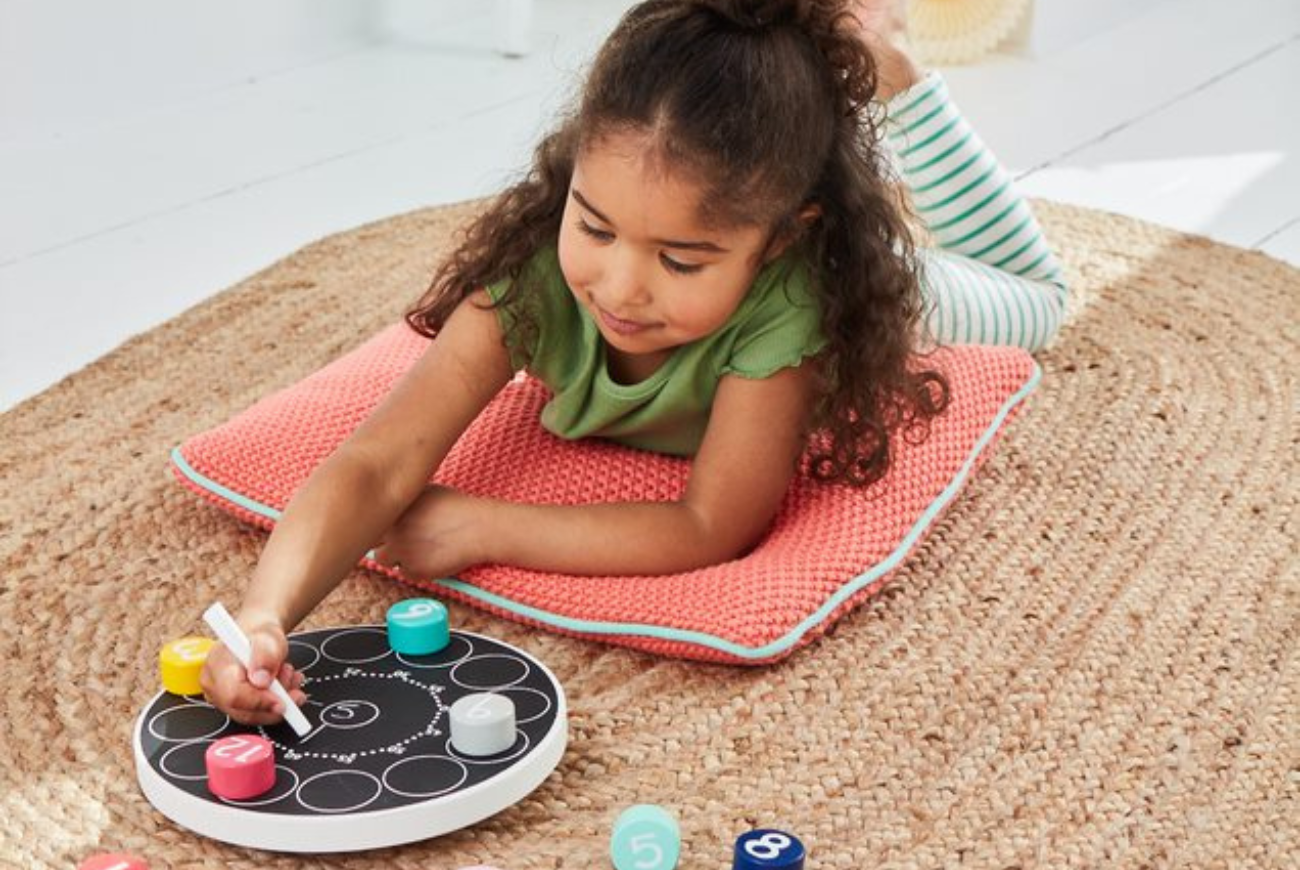Boost Your Child’s Problem-Solving Skills with Games and Puzzles
4 min read
Last Modified 21 August 2024 First Added 21 August 2024

The goal of Early Learning Centre has always been to produce toys and games that both entertain children and helped them to learn new skills, supporting their overall development. Play has proven learning benefits, allowing children to explore ideas, stories, and real world scenarios in a safe environment. When it comes to certain learning skills, like problem solving, you can help your child to become more confident in their abilities, try new thing and find solutions using critical thinking.
Most children’s first experience with problem solving comes with simple puzzles. Slotting the correct pieces into place, fitting pieces together or matching a pattern with the same pattern are all early puzzles that help them begin to explore finding solutions. You might try your little one with chunky, two or three pieces puzzles or games designed for very young children. The pieces are designed to be easy to hold and complete, offering a sense of achievement whilst working their fine motor skills and hand eye coordination to. Positive reinforcement such as the celebration at the completion of a goal encourages children to repeat the process and achieve the celebration again.
Toys that involve fitting pieces into the right place or matching colours teach children basic principles of shape and size as well as reinforcing object permanence. Rewards such as the satisfying sound of noise-making toys or the fun of performing actions such as opening and closing doors and turning keys or cogs help little ones to understand cause and effect.
As well as critical thinking and problem solving, puzzles foster a sense of patience and persistence and teach attention to detail. Early years puzzles are often very simple, with either one piece to fit into a space in a flat board, or two or three pieces with simple interlocking shapes. The reward of completing a puzzle and seeing the whole picture. Playing together and offering gentle encouragement if they show self-doubt supports their confidence and helps build bonds as you tackle more and more complex puzzle together. Puzzles foster a sense of patience and persistence and teach attention to detail.
Building blocks and building games stimulate a child’s interest in theories about technology and engineering. Try to build the tallest tower or work together to create a fantasy city for other toys to play in. Playing with chunky, colourful building blocks helps develop their fine motor skills and hand-to-eye coordination too. Try our other blog series for more ways of developing these physical skills in young children,
Board games help grow problem-solving ability by encouraging critical thinking and offering choices that lead to winning or losing – which means celebrating themselves or others. They are a wonderful social activity for the whole family and can involve players of all ages. Simple games that rolling a dice or matching a card will help them begin to understand the basics of turn-taking and sportsmanship and the celebration of the winner gives a sense of achievement – plus they offer enjoyment and fun for the whole family!Many areas of young children’s development are positively influenced by social interactions. Interactions with others form the basis of their ability to understand the world and their place in it playing together, either in collaboration or competition creates a sense of community that builds their self-esteem and self-awareness.

Problem solving forms the basis of maths, science, technology and many other skills that support your child academic and social skill development from their early years through to high education. Puzzles and games are enjoyed by all ages and foster a sense of healthy competition and celebration of success, either their own or others. As your little one tries out new ideas, such as testing which shapes fit where, or which cups or blocks stack properly they became more natural problem-solvers and critical thinkers.
Early Centre Games and puzzles are made of sustainable high-quality materials and can withstand generations of play – explore our Problem-Solving Toys category!
Read our disclaimers here.